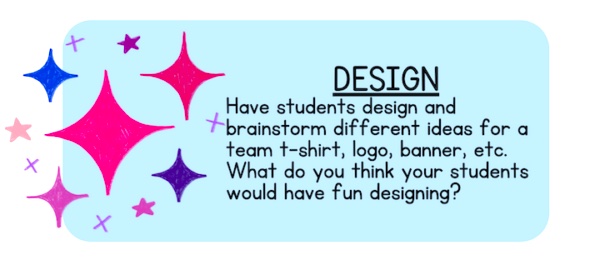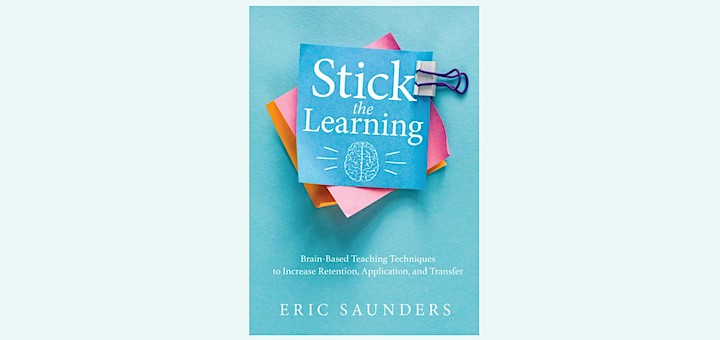Teaching and learning in grades 4-8
Responding to text can take many forms, write literacy experts Brenda Krupp, Lynne Dorfman and Aileen Hower. Teachers want to encourage sincere, honest responses where students share their thoughts, feelings, opinions, and insights about the fiction and nonfiction they read.
In his fourth post in a series exploring ways that digital literacy impacts teaching and learning in the middle grades, Jason DeHart considers a wide range of digital texts (including music, visuals, film, video) and notes changing trends in engagement among his students.
Red peppers have taken over Katie Durkin’s 7th grade team commons area. This year’s logo, banner and t-shirts result from teachers encouraging students to create artwork that fosters community. Katie shares all the steps in her team’s process and the excellent results.
Educator Mike Schmoker paints a disturbing picture using “brutal facts” to explain why so many students are not learning at high levels. Cathy Gassenheimer says that reading Results Now 2.0 is disturbing but notes Schmoker includes a way out of “the current education quagmire.”
Social media can disrupt concentration and healthy social development in adolescents. To counter its effects, principal Mike Gaskell looks at causes and suggests one helpful strategy to reduce stress and anxiety – ambient sound. Build the focus and flow students need to thrive.
While integrating imaginative writing into ELA classrooms may seem fanciful in a school culture that prioritizes the expository and analytical, teacher/coach Ariel Sacks shows how regular story creation can become a powerful developmental force in the lives of adolescents.
Brain breaks are simple transitional physical and mental exercises to prevent learning fatigue, refocus the attention of the class, and keep students energized and receptive to learning. Curtis Chandler shares 24 break ideas to ease stress and help kids connect with each other.
Eric Saunders provides well-researched neuroscience tips on spaced repetition, interleaving, and retrieval that can quickly advance student learning, says NBCT Megan Balduf. Use “Stick the Learning” to craft brain-savvy curricular experiences and scaffold their implementation.
In middle school some gifted students find themselves lost in an urban maze without sufficient navigational support. GT facilitator Sharon Ratliff shares some teaching techniques and conversational strategies that can help them stay on the road that leads to academic success.
Embracing failure is a mindset we can weave throughout the curriculum, teaching students that failing isn’t the end but a crucial step toward success. STEAM author-educator Kara Ball shares three activities to help students in persevering through and even celebrating failure.







































